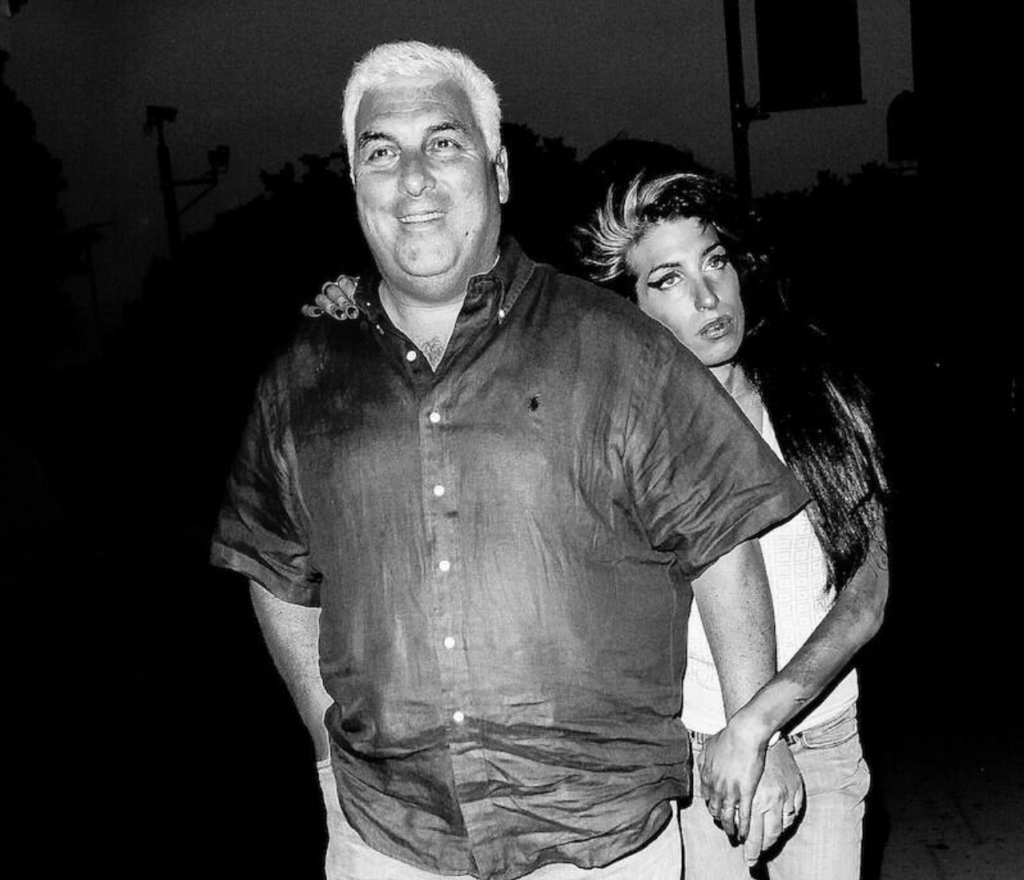
Remembering Amy Winehouse: A Life Full of Soul and Struggles
Amy Winehouse, the beloved British soul singer, captivated the world with her distinct blend of soul, jazz, and pop music. Her unforgettable songs, like “Rehab,” touched the hearts of millions. However, beyond her musical success, Amy battled with a deeply personal struggle – substance abuse.
In this article, we will delve into the heartbreaking story of Amy Winehouse, exploring the factors that contributed to her untimely demise. Let us remember the remarkable talent she possessed and the challenges she faced.

Amy Winehouse was born on September 14, 1983, in London. From an early age, she displayed a remarkable musical talent. Raised in a supportive middle-class household, her family nurtured her ambitions, fostering her dreams of becoming a beloved musician.
Amy began writing songs at the age of 14 and formed a hip-hop group with her friends. At a young age of 19, she signed her first record deal, leading to the release of her debut album, “Frank.” The album received critical acclaim, putting her on the path towards fame. However, this rise to stardom carried with it its share of struggles.

As Amy Winehouse’s star ascended, so did her battle with addiction. Her relationship with Blake Fielder-Civil only intensified her struggles with drugs and alcohol. Unfortunately, her bright star was overshadowed by public arrests, drug possession, and assault charges. The media closely followed her every move, documenting her emotional and physical turmoil.
Despite the success of her album “Back to Black” and her remarkable accomplishment of winning five out of six Grammy nominations, Amy Winehouse’s life continued to unravel. Legal troubles prevented her from attending the Grammy Awards in person, putting a strain on her personal and professional life.
Her father, Mitch Winehouse, revealed the severity of her addictions, even disclosing that she had developed emphysema due to crack cocaine abuse. Winehouse not only battled alcoholism and drug addiction but also struggled with an eating disorder. Her performances suffered as she canceled shows and found it increasingly challenging to perform due to her intoxication.

In her final months, Amy’s life deteriorated rapidly. A disastrous performance in Belgrade, Serbia, marked the beginning of the end. Her struggles with alcohol withdrawal and anxiety were evident, but her lack of commitment to sobriety hindered her efforts.
Amy Winehouse’s last call to her physician expressed her desire to live, but her addiction proved to be too powerful. On July 23, 2011, she was found lifeless in her bed, a victim of alcohol poisoning. Her blood-alcohol level was tragically more than five times the legal limit for driving.

Following Amy’s untimely death, people sought answers and someone to hold responsible. Her father, Mitch Winehouse, faced criticism for not doing more to help her. Similarly, her ex-husband, Blake Fielder-Civil, was blamed for introducing her to drugs.

The media, too, faced scrutiny for often sensationalizing Amy’s struggles. However, it is crucial to remember that her tragic fate was a result of a combination of factors. Amy Winehouse’s legacy lives on through her music, serving as a potent reminder of the devastating consequences of addiction. While she was a troubled star, it is imperative to recognize that she was also a human being.
Let us not only celebrate Amy’s extraordinary talent but also emphasize the significance of compassion and unwavering support in the face of addiction.





